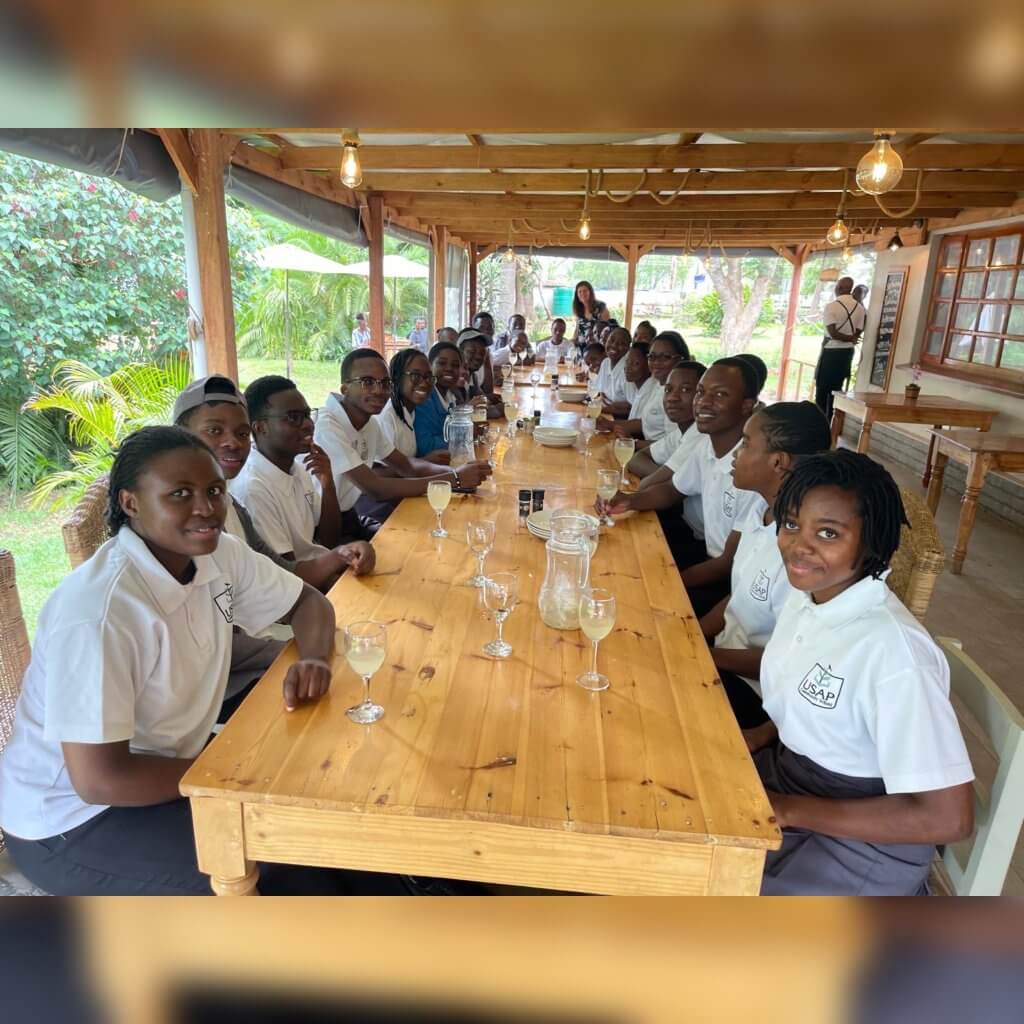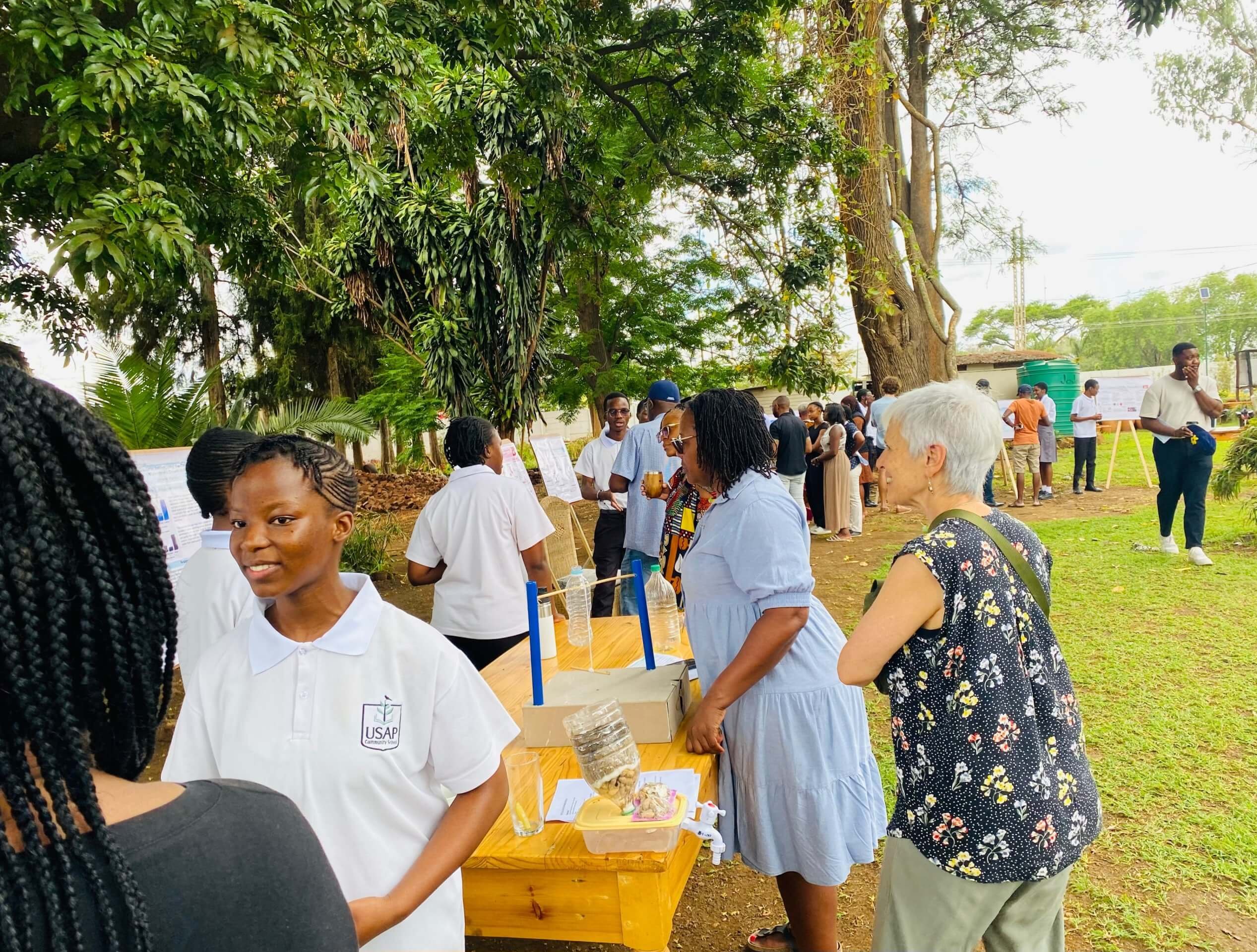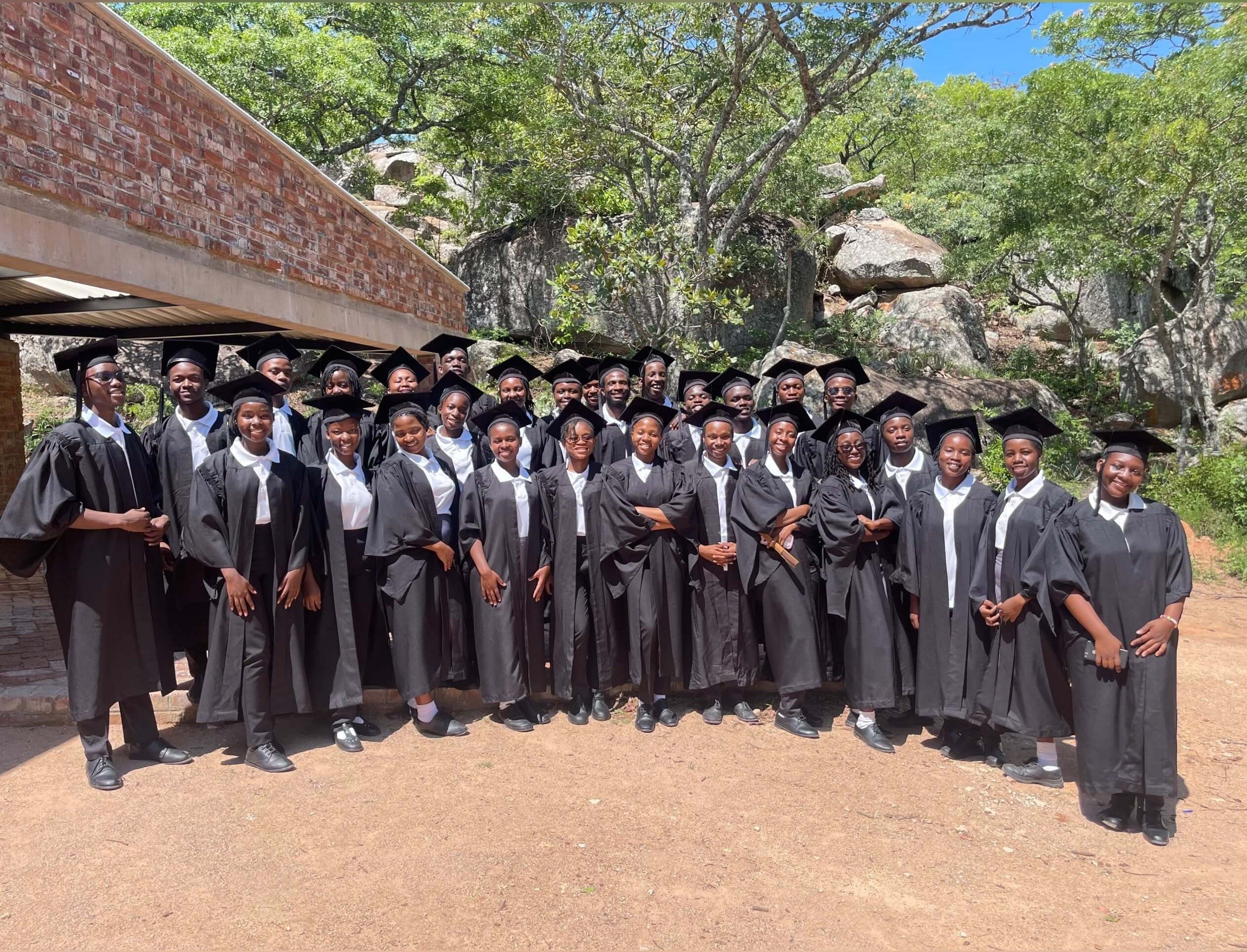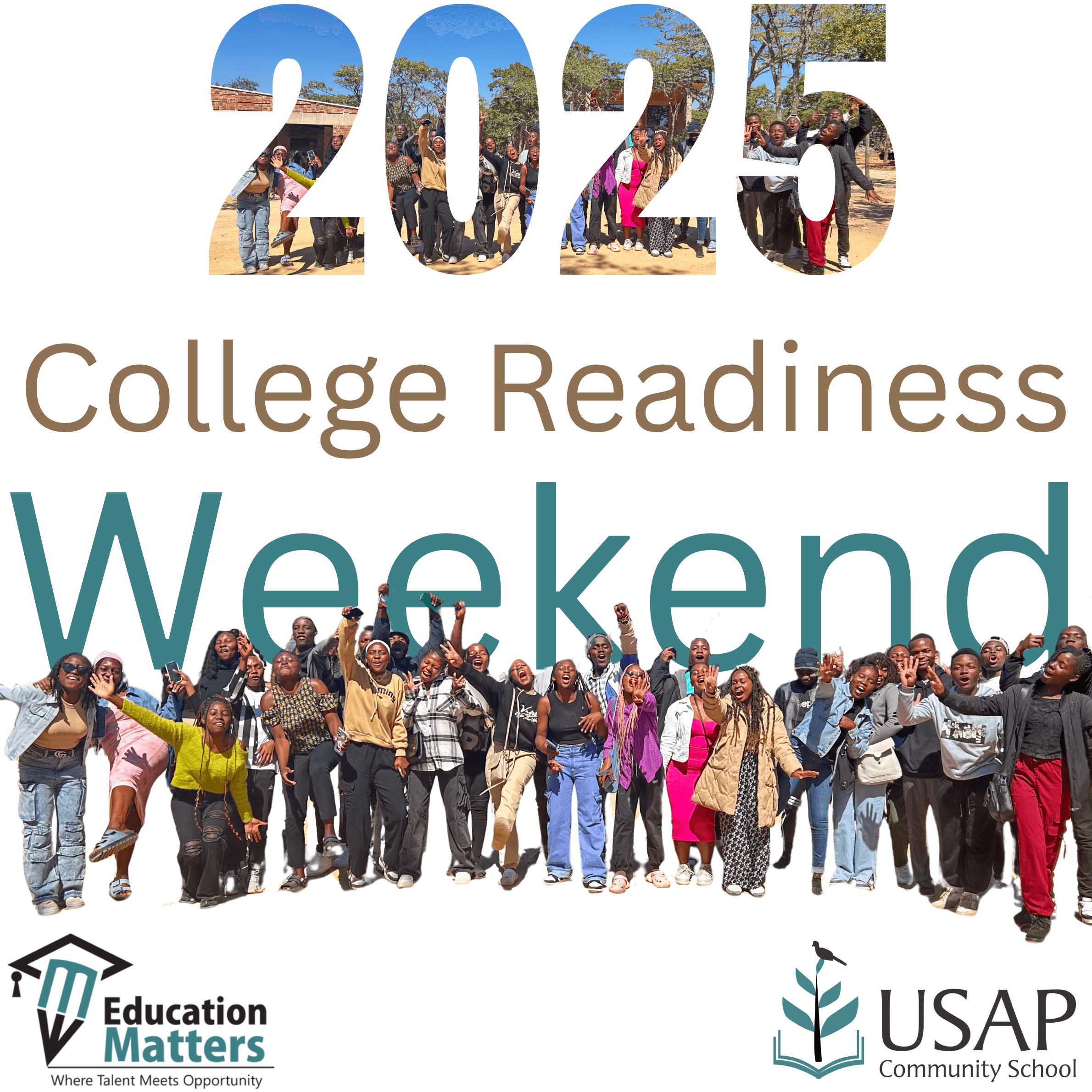Curiosity and an ethos of giving back are critical elements assessed when selecting USAP Community School students. The mandatory Capstone research project all USAP students undertake is a testament to both of these qualities in action. On November 16, 2024, the USAP Community School hosted its highly anticipated 4th Annual Capstone Showcase at the Vanilla Moon Restaurant in Harare, a momentous event that marked the culmination of year-long community-based research projects undertaken by the school’s Upper 6 students.
The showcase was a powerful example of the students’ commitment to solving real-world challenges and contributing to the global effort to achieve the United Nations Sustainable Development Goals (SDGs). The 30 students who participated in this year’s event displayed a remarkable blend of academic rigor, innovative thinking, and a deep sense of social responsibility.
The journey to the Capstone Showcase begins the year before, in Lower 6, with a class called Research Methods. This course lays the foundation for the Upper 6 students’ research, equipping them with the skills and knowledge necessary to conduct in-depth studies on pressing issues within their communities. Through primary research, students conduct interviews with experts in fields related to their projects. This is followed by secondary research, involving the collection and analysis of data to identify patterns, assess challenges, and develop evidence-based solutions.
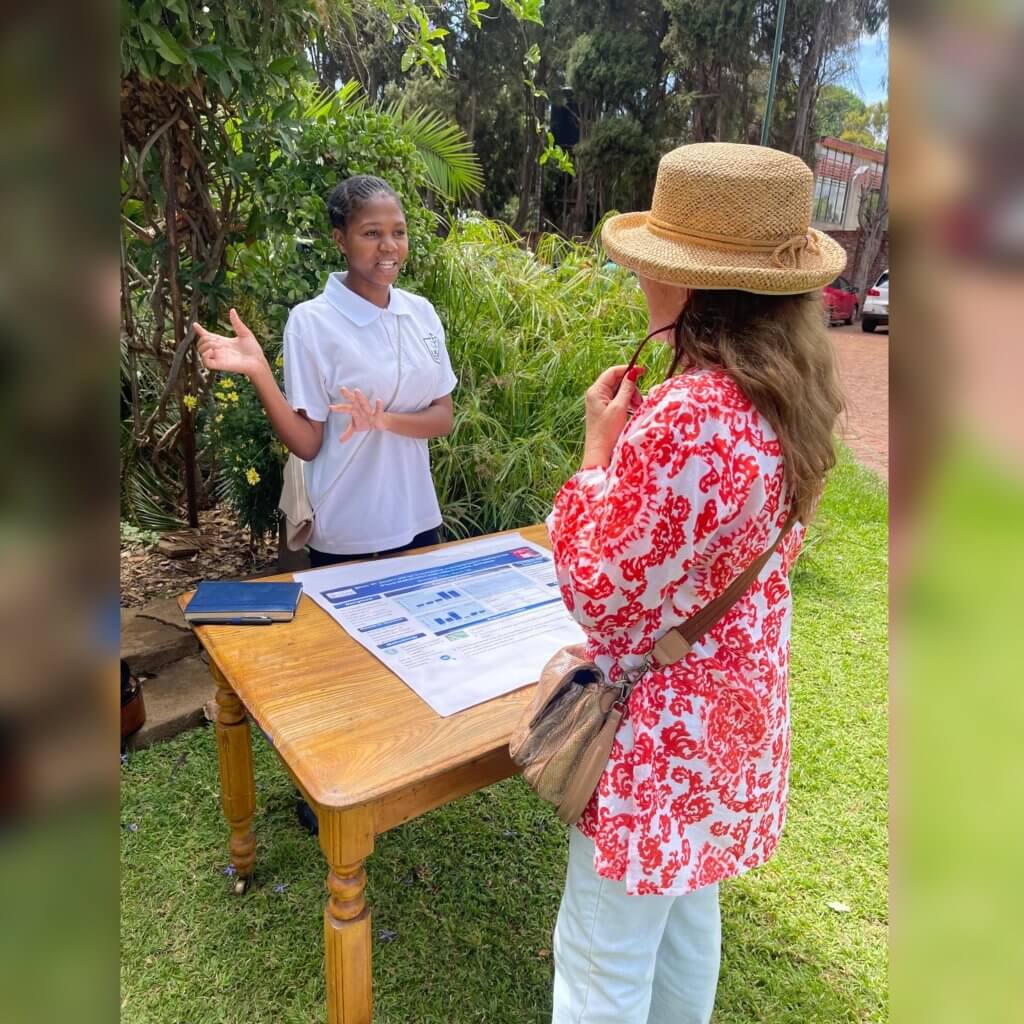
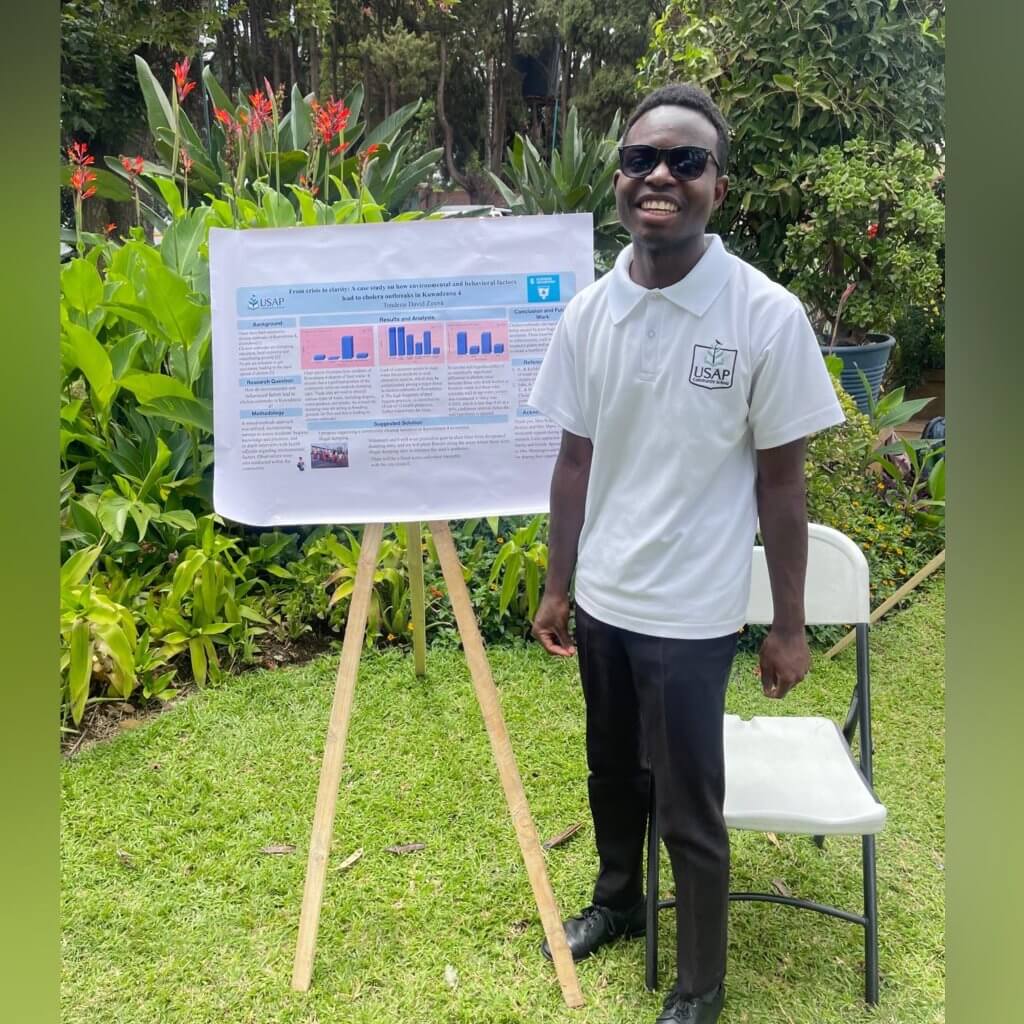
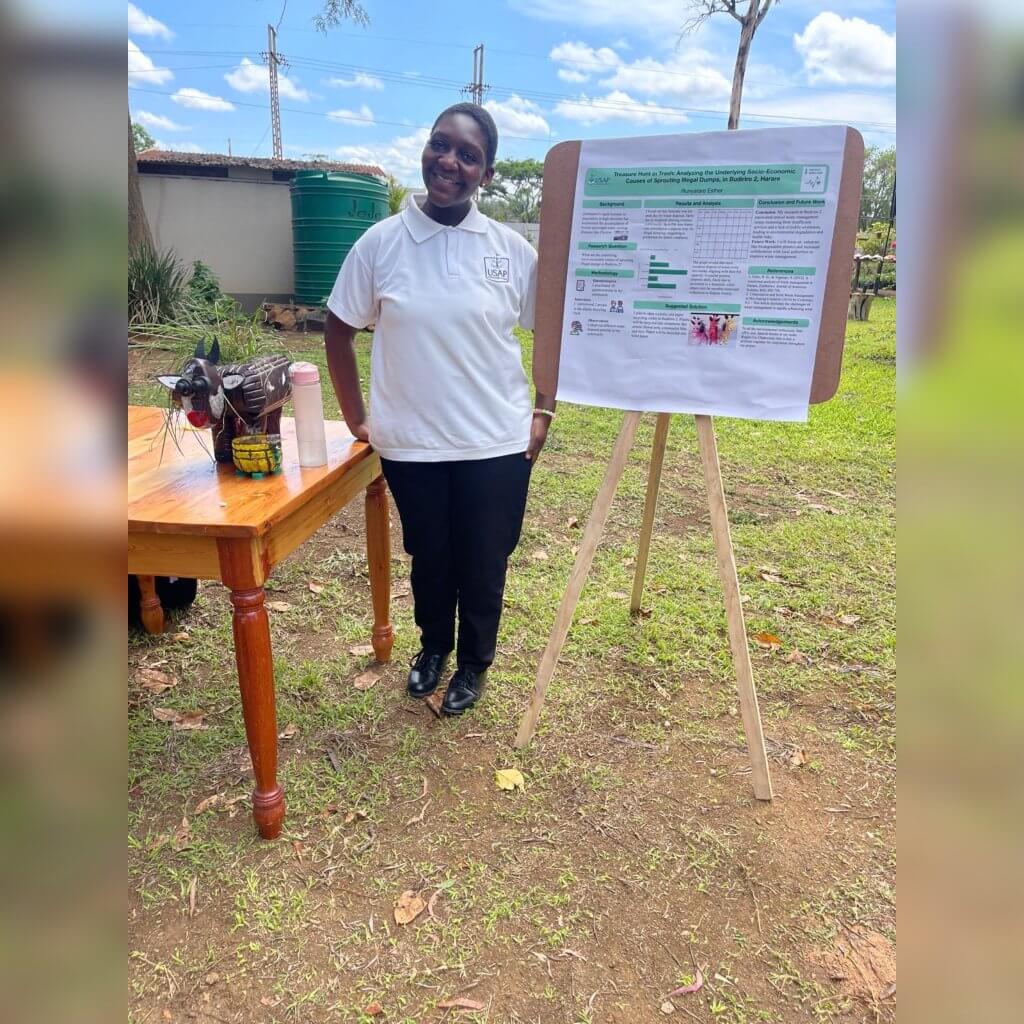
The event was a combination of independent ‘walk throughs’, pitch sessions, and performances including a medley from the student a cappella group, USAPella, and a moving mbira session. The Upper 6 students engaged with the audience, sharing how their solutions could be implemented, adapted, and scaled. Students pitching their Capstone project solutions shared insights from their work to an eager and receptive audience.
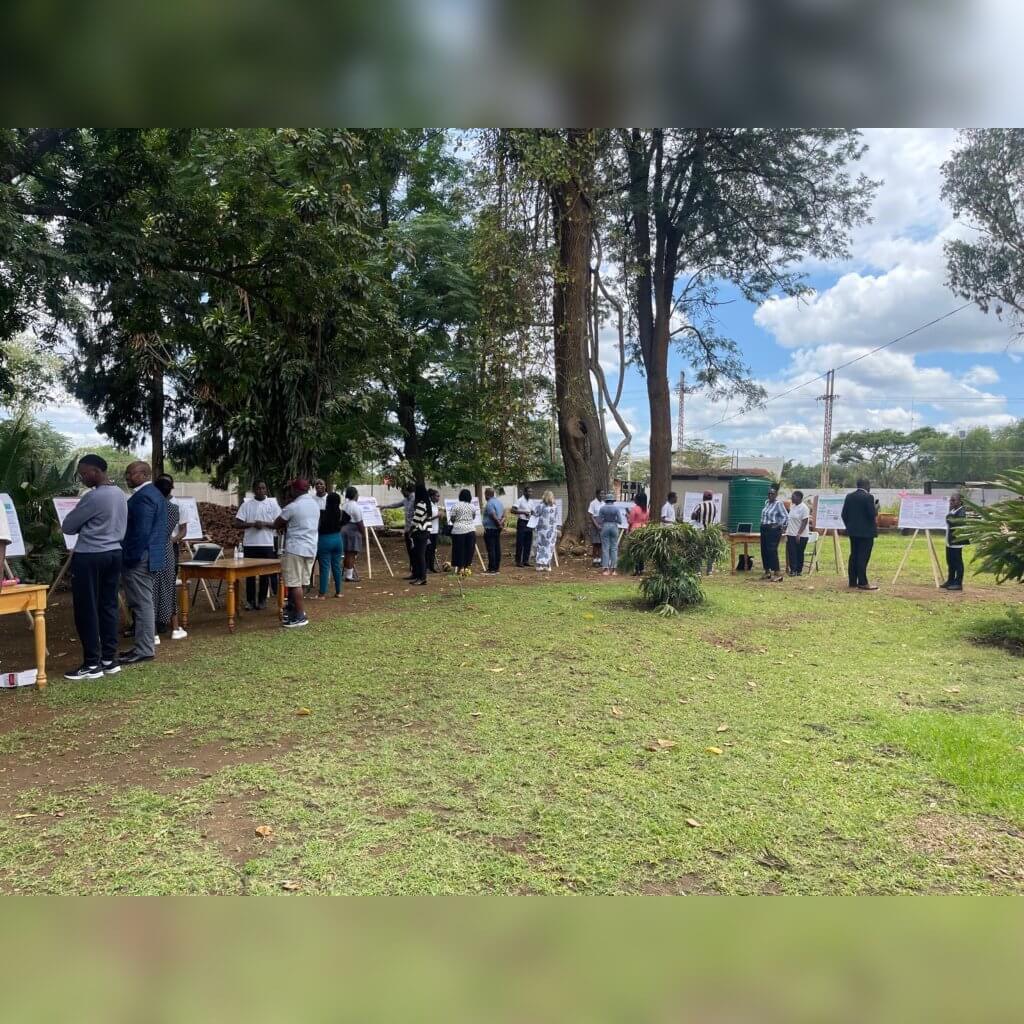
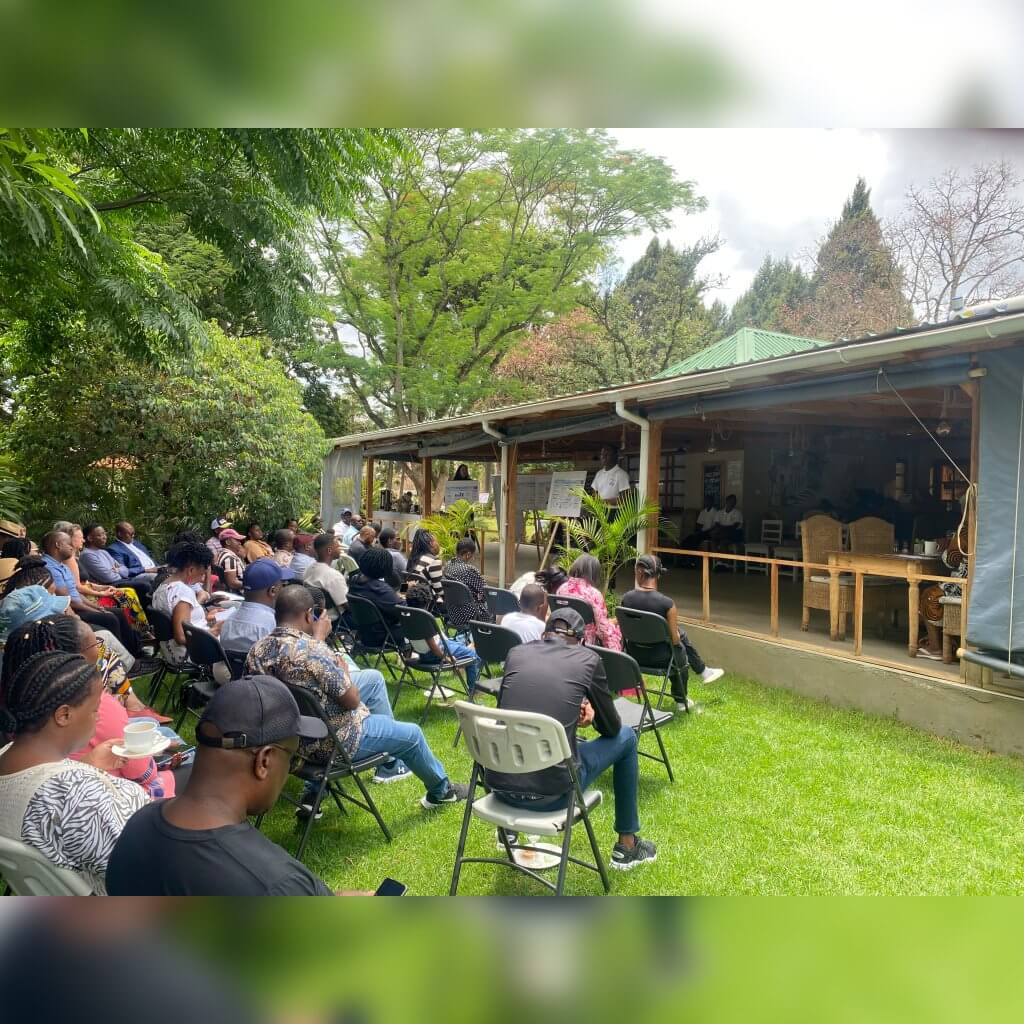
For the students at USAP Community School, the Capstone Showcase is an opportunity to step into the role of global citizens, using their research to advocate for sustainable change and to think critically about the world around them. It was a reminder that while the SDGs may seem like lofty goals, they can be achieved through local, community-driven efforts that start with one individual, one idea, and one project. We would like to thank the USAP Community School faculty, USAP alumni and all the other members of the Zimbabwe community who took time to join us for this event and push students’ thinking. A special thank you we reserve for Mr. Kevin Burns who has continued to support the Capstone initiative, ensuring our fellows can expand their important work all over the country, as well as our hosts at the wonderful Vanilla Moon Restaurant in Harare. Above all, we are grateful to the communities across Zimbabwe who contributed their time and shared their lived experiences with our students as part of these projects.
